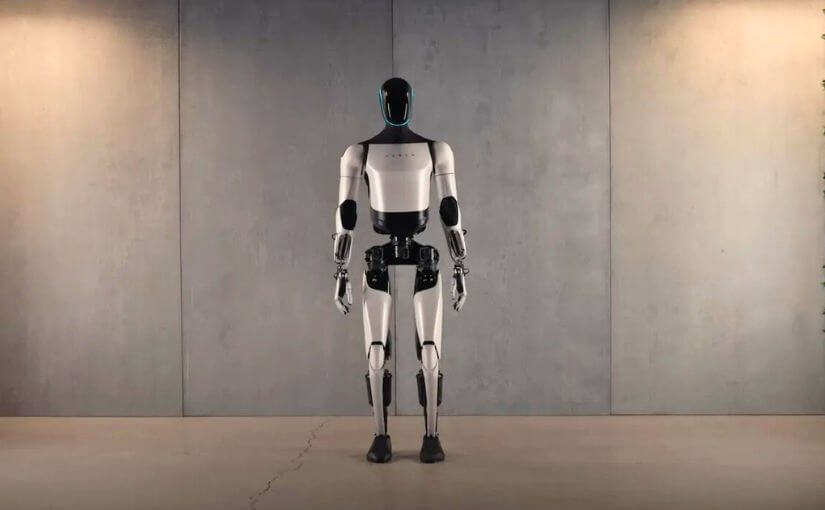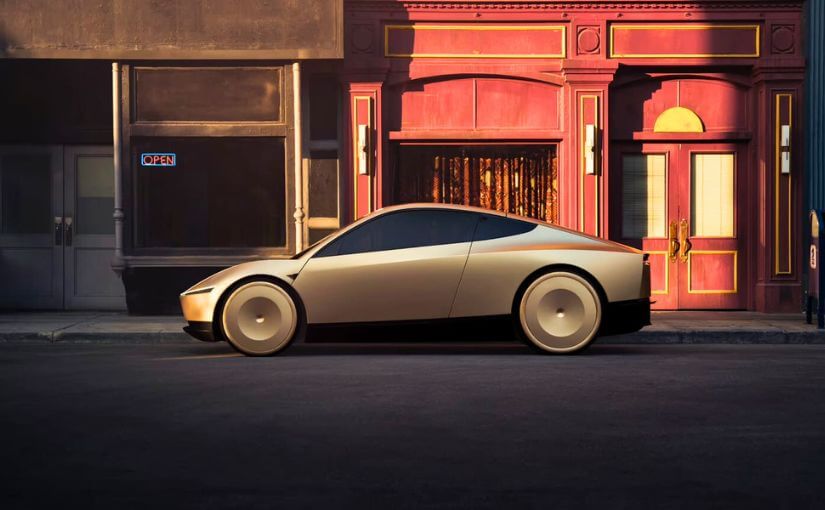Autonomous vehicles are changing how we think about transport. Imagine hopping into a self-driving car while you relax or catch up on work. This is not a distant future; it is happening now. Tesla’s innovations in autonomous vehicles promise to make everyday travel easier and more efficient.
The idea of fully autonomous vehicles is becoming a reality. Tesla’s Cyber cabs represent a major leap forward in this technology. These vehicles are designed to drive themselves without any human intervention. You can enter your destination and let the car do the rest. This offers not just convenience, but also a new standard of safety on the roads.
New Videos on Social Media
- Tesla Delivery Day Experience – Blog Article
- What do you use your Tesla Web Browser for? Watch on YouTube
- Bookmark this Web Page in your Tesla Browser Apps
- 3 Reasons Not to Tailgate a Tesla Watch on YouTube
- Underrated Feature of Owing a Tesla – Tesla Gaming
- A feature I think Tesla should add to the charging software
Buying a new Tesla? Get up to $1000.00 off from this link.
Cost Efficiency of Autonomous Vehicles
The Rise of Cyber Cabs
Tesla’s Cyber cabs are estimated to cost between 20 to 40 cents per mile. This is significantly lower than traditional transport options. For example, the average city bus fare is about one dollar per mile. This cost efficiency makes autonomous vehicles attractive to users looking for affordable travel options.
Imagine the savings over a year if you use a Cyber cab for daily commutes. With reduced financial burdens, people will have more freedom to spend on other needs or wants. It is clear that the financial benefits of autonomous vehicles can transform personal budgets.
Safety and Reliability
Safety is another key advantage of autonomous vehicles. Statistics show that human error accounts for a large percentage of traffic accidents. Autonomous vehicles aim to reduce these errors by relying on advanced technology and algorithms. Tesla’s autonomous systems can react faster than human drivers, potentially preventing accidents.
Tesla’s commitment to safety extends beyond just reducing accidents. The company continuously improves its software through updates. This ensures that your vehicle benefits from the latest safety features without needing to visit a service centre.
Deployment Plans for Autonomous Vehicles
Expanding Access with Autonomous Vehicles
Tesla plans to deploy its Cyber cabs in Texas and California by next year. This rollout will focus on existing models like the Model 3 and Model Y, leading to widespread adoption of autonomous vehicles. The introduction of these taxis will make self-driving technology accessible to more people.
By 2026, Tesla aims to launch its new Cyber cab model. This ambitious timeline reflects both consumer demand and advancements in technology. Cities worldwide are likely to follow suit, adopting similar solutions for urban transport.
Inductive Charging Technology
Inductive charging is a game-changer for electric autonomous vehicles. This technology allows vehicles like the Cyber cab to charge wirelessly. You simply park over a designated area, and your vehicle starts charging automatically.
Charging without cables increases convenience for users. It also reduces the need for traditional charging stations, allowing for more space in urban environments. Cities could then repurpose this space for parks or other public areas, enhancing community life.
The Roven: Group Transportation Solution
High-Density Transport with the Roven
While Cyber cabs cater to individual users, the Roven offers a solution for larger groups. This autonomous vehicle can transport up to 20 people or equivalent goods efficiently within urban areas. Imagine taking a trip with friends or family at an incredibly low cost of 5 to 10 cents per mile.
This high-density transport option could alleviate traffic congestion in busy cities. By providing an affordable means of group travel, the Roven encourages public transport use over personal vehicles. This shift can lead to less pollution and reduced road wear.
Connectivity and Smart City Integration
The Roven is not just an autonomous vehicle; it is part of a broader vision for smart cities. As cities adopt these technologies, they will integrate them into existing infrastructure. Improved connectivity between vehicles and city systems will enhance travel efficiency.
Autonomous vehicles can communicate with traffic signals and other infrastructure elements. This integration helps optimize traffic flow and reduces waiting times at intersections. A more connected urban environment means better overall experiences for residents and visitors alike.
Humanoid Robots: The Next Frontier
Advancements in Humanoid Robotics
Tesla is also venturing into humanoid robots, aiming to complement its autonomous vehicle technology. These robots could assist with various tasks, from household chores to caregiving. Imagine having a robot that can help you manage your daily tasks seamlessly.
The development of humanoid robots builds on the same technologies used in autonomous vehicles. From navigation systems to artificial intelligence, these robots promise efficiency in everyday life. The projected price range for these robots is between $20,000 and $30,000, making them accessible for many households.

Practical Applications of Humanoid Robots
Humanoid robots could change how we approach daily responsibilities. They can assist with cooking, cleaning, or even companionship tasks. With their ability to learn from experiences, these robots become more efficient over time.
As technology advances, the integration of humanoid robots into homes and workplaces will become commonplace. They offer a way to enhance productivity while freeing up time for individuals to enjoy leisure activities or focus on work without distractions.
Summary
The future of mobility lies in the convergence of autonomous vehicles and humanoid robots. Tesla’s Cyber cabs and Roven are setting new standards in efficient transportation. Coupled with humanoid robots like Optimus, our daily lives will transform significantly.
Are you ready for this change? How do you see autonomous vehicles impacting your life? Share your thoughts below.
